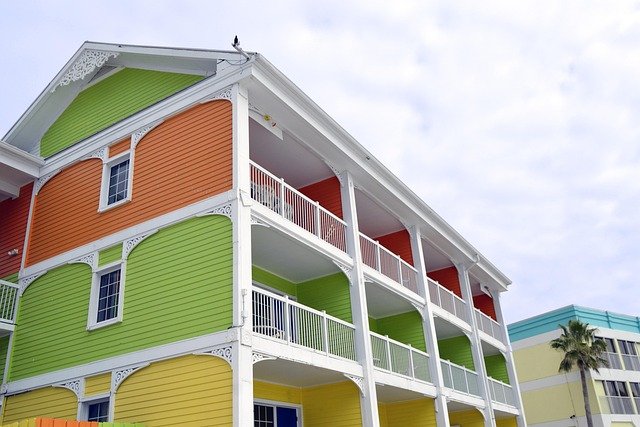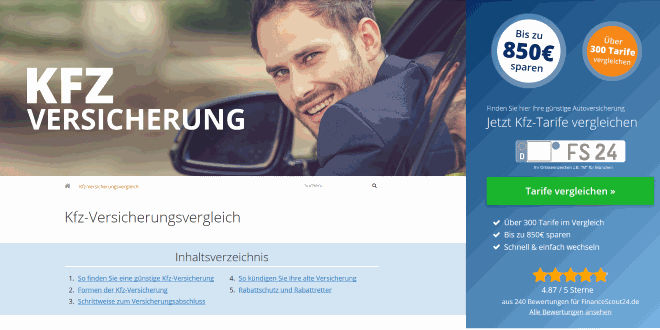Live in Spain and speak English? Explore cleaning work opportunities in your area.
Cleaning roles are consistently available across Spain, especially in cities and tourist areas like Madrid, Barcelona, and the Costa del Sol. If you speak English, opportunities may exist in hotels, vacation rentals, or office buildings. Learn what tasks are typically expected, how schedules are organized, and what employers value in reliable support staff.

Where cleaning jobs are most in demand across Spain
The distribution of cleaning job opportunities varies significantly across Spain, with certain regions showing consistently higher demand. Major urban centers like Madrid and Barcelona maintain year-round requirements for cleaning staff in office buildings, shopping centers, and residential complexes. The Costa del Sol, Costa Blanca, and Balearic Islands experience dramatic seasonal fluctuations, with peak demand during the summer tourist season from May through September.
The islands, particularly Mallorca, Ibiza, and Tenerife, offer extensive opportunities in resorts, hotels, and vacation rentals. English-speaking cleaners are especially valued in these areas where international tourism dominates. Valencia and Alicante provinces also maintain steady demand due to their popularity among both tourists and expatriate residents, creating a need for cleaners who can communicate effectively with English-speaking property owners and guests.
What roles may be available in tourist-heavy regions
Tourist destinations offer diverse cleaning positions suited to different preferences and skill levels. Hotel housekeeping teams require room attendants to maintain guest rooms, public area cleaners for lobbies and facilities, and laundry staff. Most hotels prefer to hire full-time employees during high season, with shifts typically beginning early morning.
Vacation rental cleaning presents another significant opportunity, with companies managing multiple properties needing reliable staff for changeover cleaning between guest stays. These positions often involve intensive work during specific days but may offer more flexible scheduling. Resort complexes similarly require cleaning staff for both accommodation units and common areas like pools, restaurants, and fitness centers.
Yacht and boat cleaning represents a specialized niche in coastal areas, particularly in upscale marinas along the Mediterranean coast. This work can be physically demanding but often pays better than standard cleaning positions. Cleaning companies servicing multiple businesses or private homes also frequently seek English-speaking staff to communicate with international clients.
How English speakers may fit into hospitality or facility teams
English language proficiency provides a distinct advantage in Spain’s cleaning sector, particularly within hospitality environments. Many cleaning supervisors and managers struggle to find staff who can communicate effectively with international guests or handle special requests from English-speaking clients. Hotels often specifically request English-speaking room attendants who can interact with guests when necessary.
Facility management companies overseeing office buildings, shopping malls, or residential complexes increasingly value multilingual cleaning staff who can understand safety instructions, operating procedures, and communicate effectively with diverse building occupants. In areas with substantial expatriate communities, residential cleaning services actively recruit English speakers to build trust and clear communication with homeowners.
English speakers also frequently find opportunities with cleaning companies that specifically target foreign residents or vacation property owners. These companies market their services primarily in English and need staff who reflect this customer-focused approach. Additionally, some cleaners leverage their language skills to establish their own independent cleaning businesses catering to English-speaking clients.
What daily tasks and shifts typically involve
Cleaning work demands physical stamina, attention to detail, and time management skills regardless of the specific setting. Hotel housekeeping typically involves making beds, changing linens, cleaning bathrooms, vacuuming, dusting, and restocking amenities. A standard room attendant may clean 15-20 rooms per 8-hour shift, with expectations varying by hotel category.
Commercial cleaning shifts often occur outside regular business hours, with early morning (5:00-9:00 AM) or evening (6:00 PM onward) schedules common for office buildings. These roles involve emptying trash, sanitizing surfaces, cleaning bathrooms, vacuuming carpets, and mopping floors. Vacation rental cleaners face particularly intensive turnover days, usually requiring deep cleaning between guest departures and arrivals, often with just hours to complete each property.
Residential cleaning positions typically follow daytime schedules, with cleaners visiting multiple homes per day. Tasks include dusting, vacuuming, mopping, bathroom cleaning, kitchen sanitizing, and sometimes laundry or ironing. Specialized roles might focus exclusively on tasks like window cleaning, carpet shampooing, or end-of-tenancy deep cleans.
What qualities employers value most in this line of work
Reliability consistently ranks as employers’ top priority when hiring cleaning staff. With tight scheduling and interdependent teams, attendance and punctuality are essential. Given the unsupervised nature of much cleaning work, trustworthiness and honesty are similarly critical, particularly for positions involving access to private residences or hotel guest rooms.
Attention to detail distinguishes exceptional cleaners, with employers seeking staff who maintain consistent standards even under time pressure. Physical stamina matters significantly, as cleaning involves continuous movement, bending, lifting, and repetitive tasks over multi-hour shifts. Initiative is also highly valued—employers appreciate cleaners who identify and address issues without explicit direction.
Effective time management skills help cleaners meet productivity targets while maintaining quality standards. For positions involving guest or client interaction, professional presentation and communication abilities become increasingly important. Finally, adaptability helps cleaners handle varying workloads, changing priorities, or unexpected situations, making them valuable team members in dynamic environments.
Most cleaning positions in tourist areas offer salaries ranging from €900-1,200 monthly for full-time work, with variations based on experience and specific sector. Hotel positions typically provide more stable employment but may offer lower hourly rates than specialized cleaning services. Many employers prefer candidates with previous experience, though entry-level positions remain accessible for those new to the field.
With Spain’s tourism industry continuing to grow and expatriate communities expanding in coastal regions, English-speaking cleaning professionals will likely continue finding opportunities throughout the country, particularly for those willing to demonstrate reliability and quality work.




